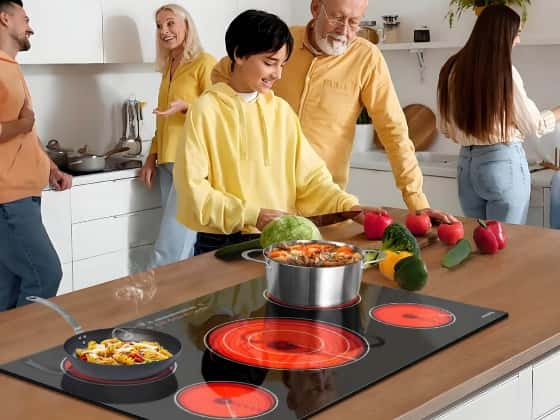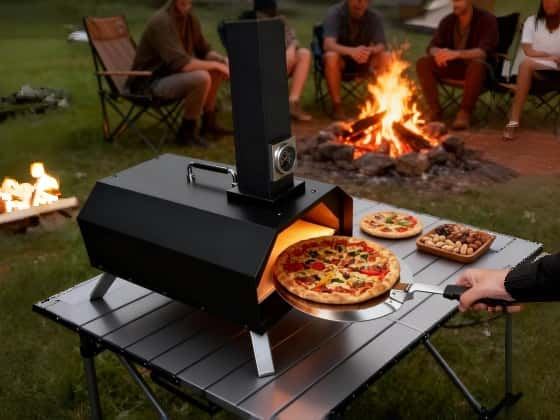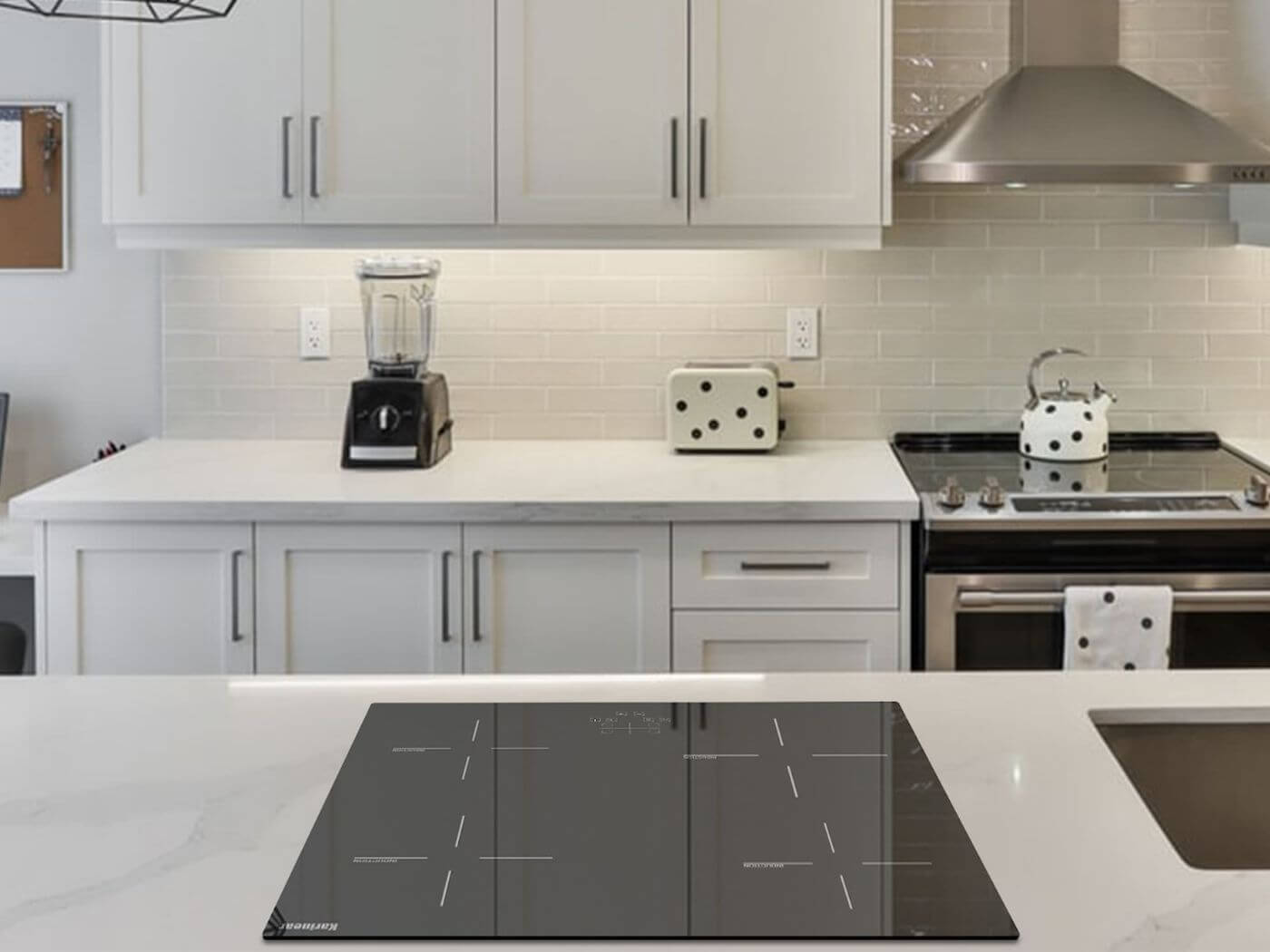
Safety concerns associated with gas stoves include:
-
Gas Leaks:
- Gas stove top run on natural gas or propane, and if there is a leak in the gas line or the stove itself, it can lead to a buildup of combustible gas in the home, posing a serious safety hazard.
-
Carbon Monoxide Poisoning:
- Incomplete combustion of gas can produce carbon monoxide, a colorless, odorless, and tasteless gas that can be lethal if inhaled in high concentrations. Improperly ventilated gas stoves can lead to the accumulation of carbon monoxide in the home.
-
Fire Hazards:
- The open flame of a gas stove top can pose a fire hazard, especially if flammable materials or clothing come into contact with the burner. Additionally, if the stove is not turned off properly, it can lead to accidental fires.
-
Burns and Scalds:
- The open flame and hot surfaces of a gas cooktop can cause burns if not handled with care. Additionally, if pots or pans are not placed securely on the burners, they can tip over and cause hot liquids to spill, leading to scalding injuries.
-
Explosion Risks:
- In extreme cases, a gas leak combined with an ignition source can lead to an explosion, causing significant damage to the property and posing a grave danger to occupants.
To mitigate these safety concerns, it's crucial to ensure proper installation and maintenance of gas cooktops, adequate ventilation in the kitchen, regular inspection of gas lines and connections, and the use of carbon monoxide detectors in the vicinity of the stove. Safe cooking practices, such as using the appropriate cookware, monitoring the stove while in use, and promptly addressing any gas odors, are also important for minimizing the risks associated with gas cooktops








